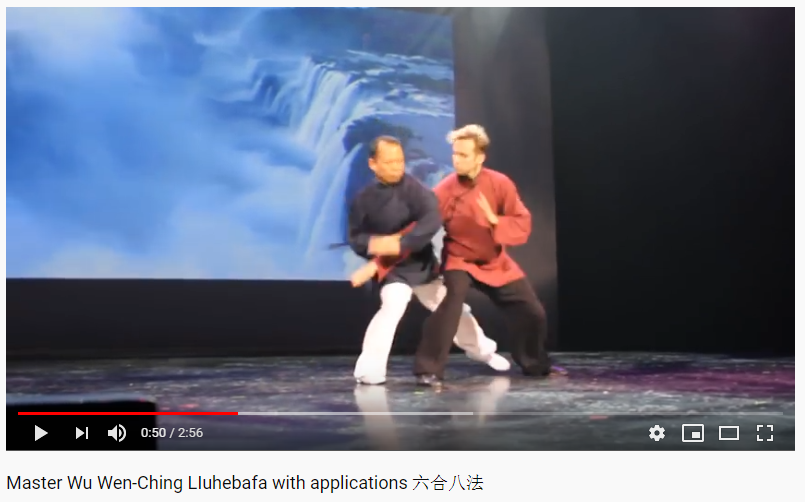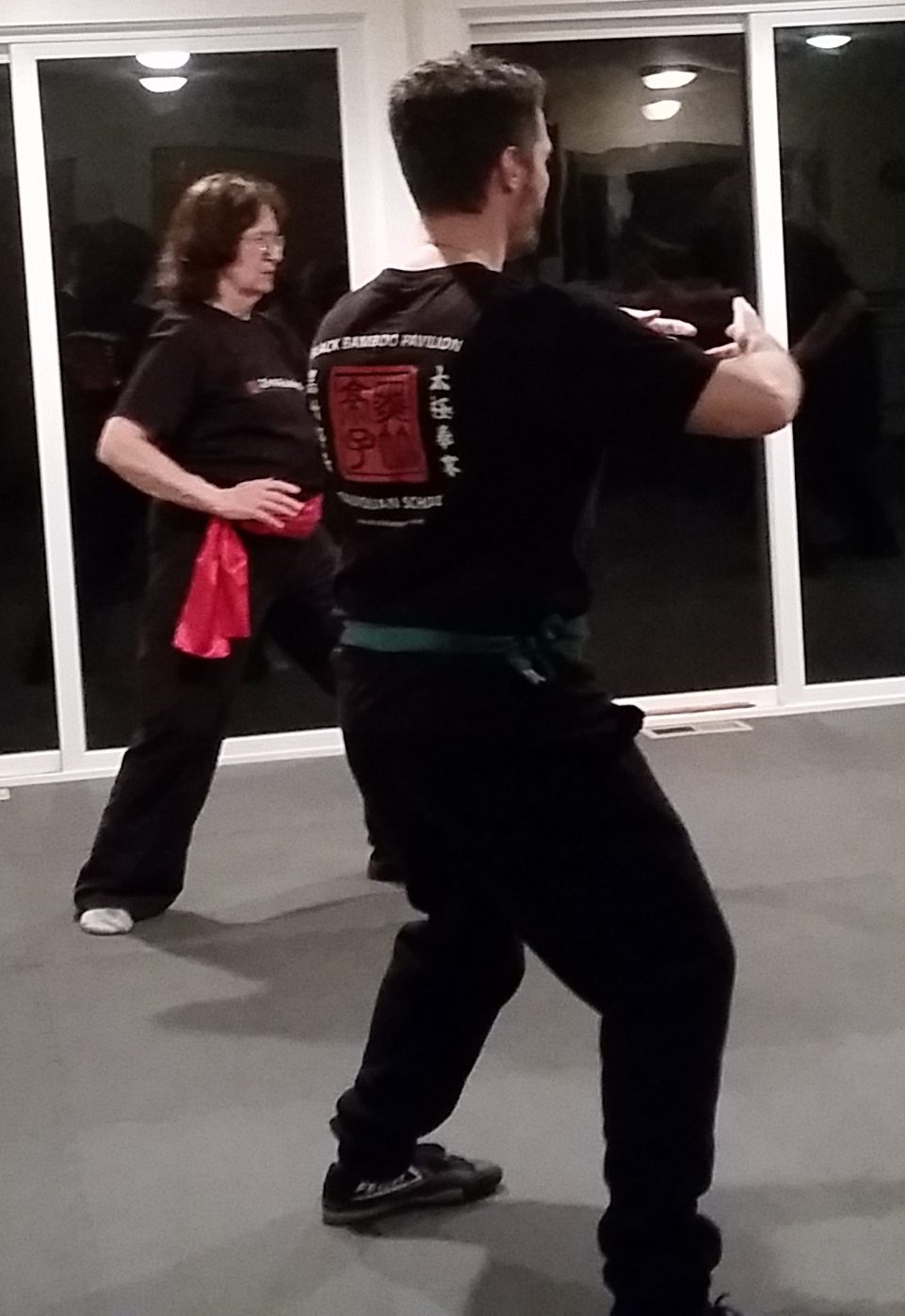Liuhebafa performance with applications
/Sometimes applications are very difficult to see when watching someone perform an empty hand form. However, rest assured, each movement has many applications - whether YOU can see them or not.
Here is an expert demonstration of this in Liuhebafa. This is Master Wu Wen-Ching and we came across it on Facebook. As it is fascinating and very interesting, we thought we’d share it with our student body. You will see his demo starts with solo form. During this solo form, there is an opponent that comes and goes, allowing us to see applications being done as the form demo continues.
Liuhebafa is also known as waterboxing and is an internal martial art that is separate and distinct from taijiquan. The form works with and up and down motion in the legs. With taijiquan, most movements are performed without great up and down changes. Both forms are internal and use the whole body to complete technique and applications. We work with this form on Wednesday nights. As always, we have a lot of practice and work to put in. And we’re happy to share this inspiration!
-Post by Violet Anderson







